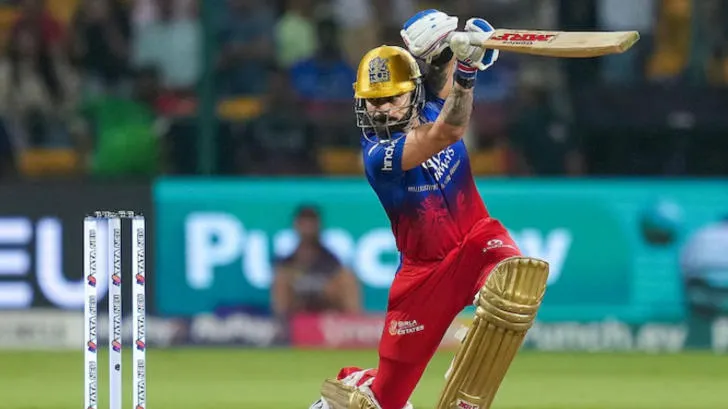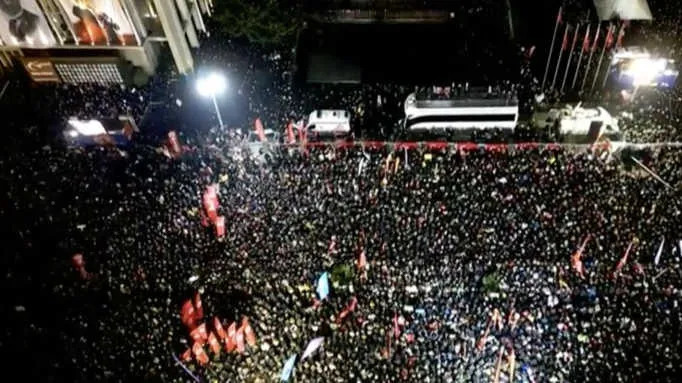I think by now everyone has heard about the tragic death of Atul Subhash, who committed suicide due to the unbearable torture he faced in his married life at the hands of his wife and in-laws. Facing multiple charges filed by his wife, he was forced to regularly attend court hearings, traveling all the way from Bengaluru to Jaunpur.
In this case, both the husband and wife were educated and worked in reputed companies. However, the situation took a horrifying turn when his wife allegedly demanded ₹30 lakhs as a condition for allowing him to see his child. For a father who genuinely wanted to take care of his child, such a demand was nothing short of a nightmare. This tragic case underscores how parenting and marriage have, in some instances, turned into a contractual arrangement, where emotional bonds and responsibilities seem to carry a financial price tag. If the relationship breaks, one must “pay” to meet basic parental rights, and even to express love and care, additional costs may be imposed.
The demand for Rs 3 crores to settle false cases from a man belonging to a middle-class family created unbearable mental pressure. No son would want his parents and siblings to endure the humiliation and harassment caused by baseless legal cases filed against them.
In his suicide note, Atul reportedly requested the authorities to prevent his wife and in-laws from viewing his body and stated that his last rites should not be performed until justice was served. In his final video, he remarked, “If the accused walk free, dump my ashes in a gutter near the court. Let it be a testament to how life is valued in this country.”
This case serves as a grim example of male victimization in domestic violence cases. It highlights the plight of victims who are driven to suicide because of the biases in our legal system and the prevailing social stigma that assumes only women can be victims of domestic violence. The misuse of provisions like the Dowry Prohibition Act and Section 85 of the Bharatiya Nyaya Sanhita,2023 (which addresses cruelty by a husband or his relatives) is not a new phenomenon. However, despite the rising number of false cases against husbands and their families, has our judiciary or legislature taken any concrete steps to address these issues?
This case once again raises the issue of gender-neutral laws. It is not always the husband’s family demanding dowry from the wife. What if the wife and her family demand money from the husband and his family members, as seen in Atul’s case? Although this may not fall under the traditional definition of dowry, demanding money to settle false cases or to allow a father to see his child can amount to blackmail, coercion, or undue influence. leave this question open for you all to decide: Shouldn’t the language of Section 85 of the BNS be made gender-neutral? It could be reframed as follows: Section 85 – Spouse or relative of a spouse subjecting a person to cruelty.
Whoever, being the spouse or a relative of the spouse of a person, subjects such person to cruelty shall be punished with imprisonment for a term which may extend to three years and shall also be liable to a fine. Similarly, Section 86 should also be made gender-neutral. For instance, it could be rewritten as: For the purposes of Section 85, “cruelty” means:
Any willful conduct which is of such a nature as is likely to drive the spouse to commit suicide or to cause grave injury or danger to the life, limb, or health (whether mental or physical) of the spouse; or
Harassment of the spouse where such harassment is with a view to coercing the spouse or any person related to the spouse to meet any unlawful demand for property or valuable security, or is on account of the failure by the spouse or any person related to the spouse to meet such a demand.
By simply replacing gender-specific terms like woman and her with spouse, this section would help male victims fight against false cases. Additionally, the Domestic Violence Act also needs to be amended, as it currently assumes that only women can be victims of domestic violence, excluding men from legal protection.
There are many cases like Atul’s in our society. How many more individuals must take such drastic steps to prove their innocence and show that they too are victims? How many men and their families must endure mental trauma and the pain of losing a loved one?
We often speak of equality, but when it comes to mental trauma, society considers men to be inherently strong because they are “masculine”. Does masculinity grant a license for others to harass them? Shouldn’t men also have the right to legal protection and justice against domestic violence and false accusations?
Not everyone has the patience to wait for justice, especially when justice is delayed. In reality, we often don’t know when justice will be served, and to seek it, one has to make numerous visits to court. For those working in the private sector, taking leave is not easy, and most of the time, it results in leave without pay.
Atul rightly pointed out that the other party was enjoying his hard-earned money while he was suffering immensely. Like Atul, we all believe that “justice is due”—not only for Atul but for all the male victims who are suffering or have already lost their battle for justice, like him. We strive for a societal transformation where the taboo that men can only be accused and not victims is shattered. At the same time, we seek legal reforms to address the plight of male victims of cruelty.
While cases of male domestic violence may be fewer compared to female victims, even a single case is a matter of grave concern. It represents someone’s life, someone’s family, and their future. We hope that what Atul endured, and what his family is now facing, will not be repeated. Let this tragedy serve as a call to action for society and the legal system to ensure that no one else has to go through such suffering.
For those who still believe that only women can be victims, I urge you to read this case, listen to the video left by the deceased, and try to understand the pain of his grieving parents, as well as the mental anguish that drove him to take this drastic step. It is not easy for anyone to leave their loved ones behind.
This is not just a case of abetment to suicide- it is a case of the abetment of suicide caused by the shortcomings of our legal system and judiciary. It is high time to amend certain laws to make them gender-neutral and to establish a National Men’s Commission.
Dr. Pyali Chatterjee, Head of the Department, Faculty of Law, The ICFAI University, Raipur, Chhattisgarh























